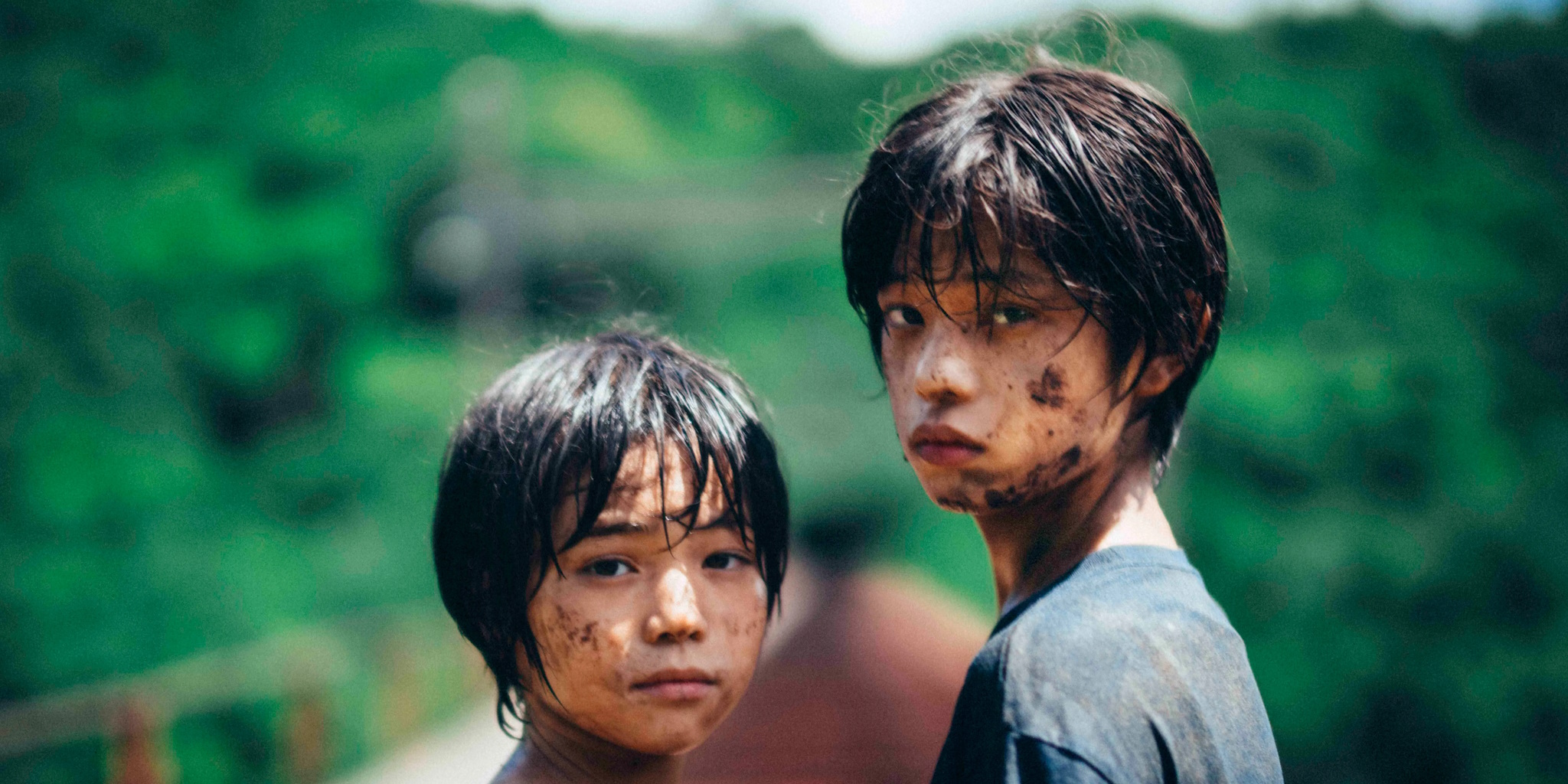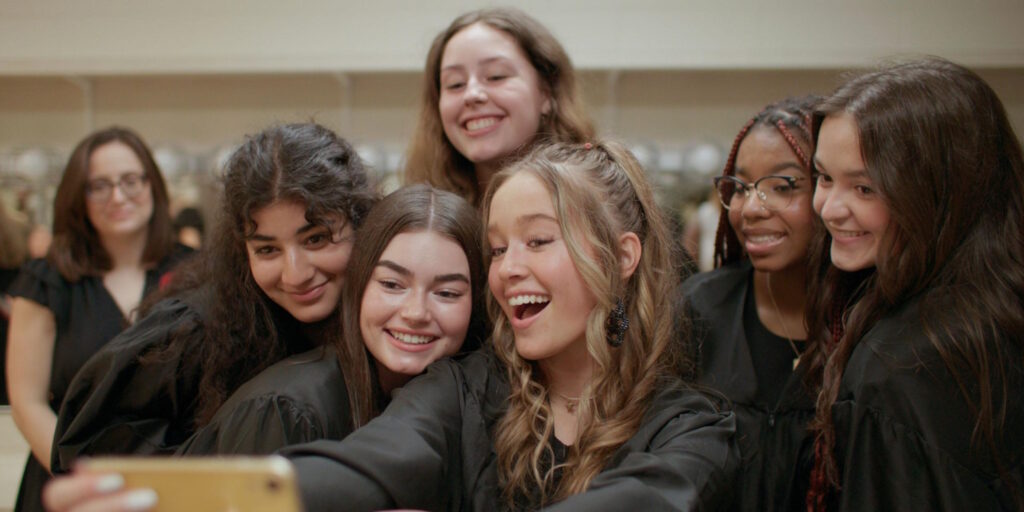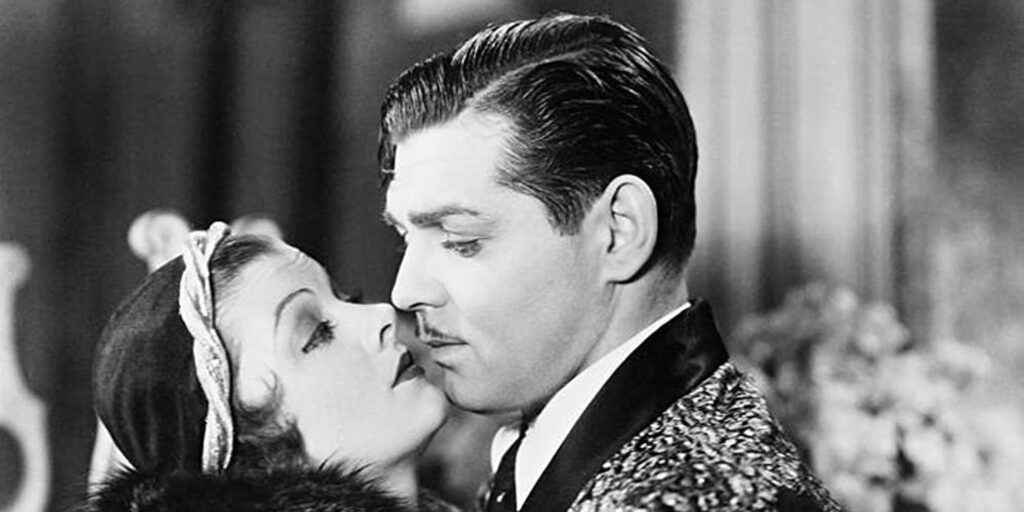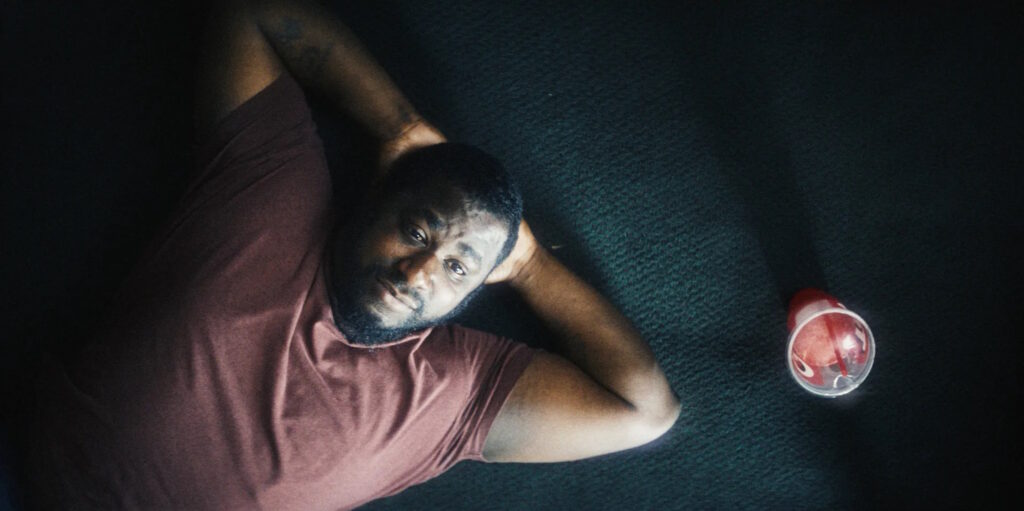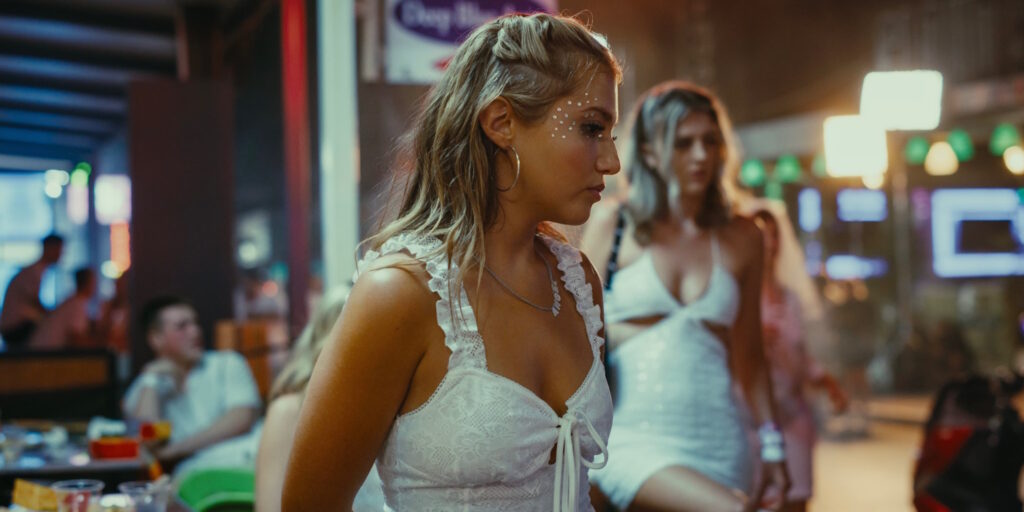Many have strived but few have succeeded in mastering the art of the Rashomon (1950) riff. Although none can top the throwaway gag from Episode 23 of Season 10 of The Simpsons (1989- ) — “Come on, Homer, Japan will be fun! You liked Rashomon.” “That’s not how I remember it.” — there have been numerous brave attempts to put an interesting twist on one of Akira Kurosawa’s most famously complex narratives. Following Nicole Holofcener, Ben Affleck, and Matt Damon’s script for Ridley Scott’s The Last Duel (2021), the latest to take a swing at the alternative, contradictory, interlinked structure is Hirokazu Kore-eda’s Monster.
Single mother Saori (Sakura Andō) can tell that something is off about her only child, Minato (Sōya Kurokawa). Typically a well-behaved boy despite the tragic loss of his father, Minato’s increasingly odd behaviors and frequently strange questions lead Saori to believe that there is a deeper, unspoken issue. When she probes further, she finds that Minato’s teacher, Mr. Michitoshi Hori (Eita Nagayama), might be to blame. Heading to the school, she confronts the administration over Hori’s alleged poor treatment of her son. In spite of his claimed innocence, Hori is reprimanded in line with the school’s strict procedures. However, to Saori’s dismay, this isn’t the end of Minato’s peculiar behavior, which culminates in his disappearance during a monsoon.
Cut back to the start of the film, now slightly different: The burning building seen in the opening minutes from Saori’s perspective is now viewed from the eyes of Mr. Hori. Monster moves through the same major plot points as its first act, but from Michitoshi’s point of view. Then, it does so again from Minato’s vantage point. Added layers — including Mr. Hori’s partner, Hirona (Mitsuki Takahata); Minato’s budding friendship with classmate Yori (Hinata Hiiragi); and the role of school principal Mrs. Fushimi (Yūko Tanaka) — strategically complicate the truth, casting shadows on certain facets while illuminating others. It’s all in pursuit of one pressing unknown: Where did Minato go?
Contrary to what the stereotypical Rashomon spin brings to a film — the same story, near-identical beats, with each new shift leaving breadcrumbs of context to create a full picture — Yuji Sakamoto’s screenplay works differently. Instead of putting all the dramatic weight on certain narrative milestones shown two or three times, Monster almost doubles as a loosely connected triptych of short films. The beginning, middle, and end of Saori’s section are also present in Michitoshi’s and Minato’s portions, but the focus is not entirely the same in the three sections.
Saori’s segment is concerned with the bond shared by a mother and her son. Michitoshi’s details the thorny relationship between public perception and personal truth. Minato’s is a heart-wrenching coming-of-age tale. In making the fragments so distinct, Sakamoto manages to revitalize a tried-and-true gimmick. The greatest is saved for last. By placing Minato’s (and, in many ways, Yori’s) part at the end, Sakamoto is able to deliver the heaviest wallop before audiences head out the door and back into the real world — with any luck, carrying the characters close to them as they go.
In all honesty — and in the spirit of this foundational pillar of the film — it’s one of Kore-eda’s strongest works in quite a bit. The Truth (2019) was good, Broker (2022) was better, but Monster is the director’s best since Shoplifters (2018). (Maybe even earlier.) It’s not going to resonate with all viewers, especially those who haven’t gotten a lot out of Kore-eda’s more emotional material in the past, but Monster still feels tailor-made for his loyalists and newcomers alike. It is worth noting that this feature marks his first time directing a script he didn’t personally write since his 1995 debut, Maborosi. Here’s hoping this inaugural collab with screenwriter Yuji Sakamoto is one of countless gems to come.
Monster screens nightly at 7:00 p.m. on December 23 – 30 at the Webster University Film Series.
